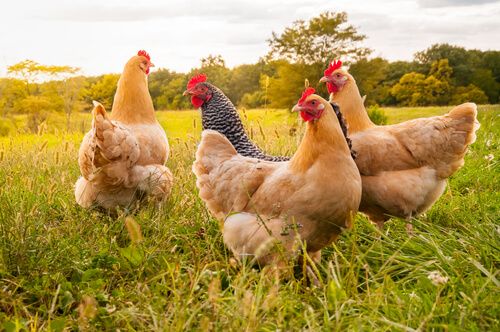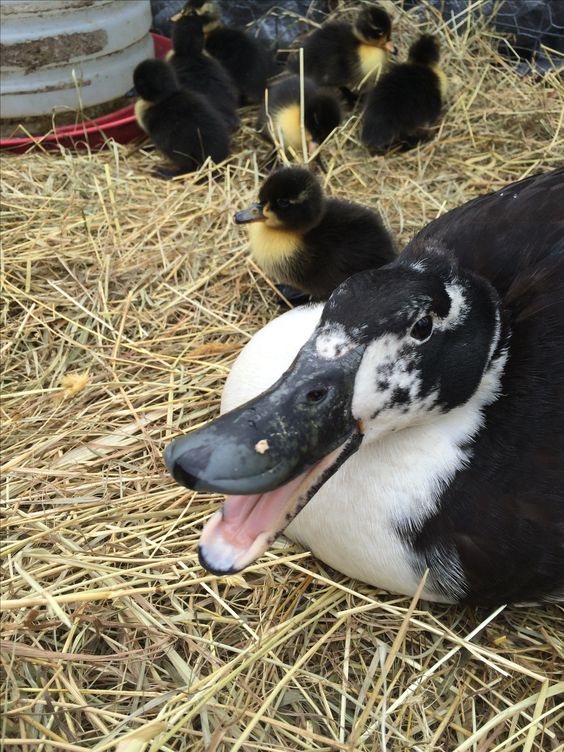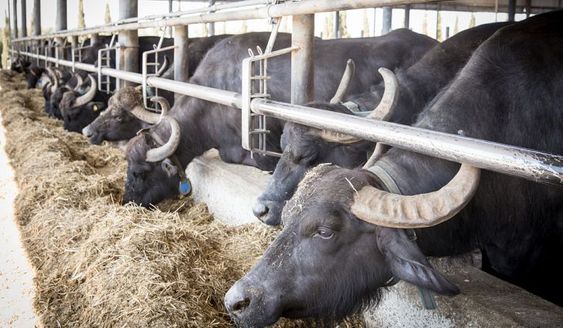Superior Poultry Farming: A Comprehensive Guide to Raising Healthy, Happy Chickens
Superior Poultry Farming,Welcome to the world of superior poultry farming! This guide delves into everything you need to know to raise chickens in a way that prioritizes their well-being, optimizes production, and delivers superior results. Whether you’re a seasoned poultry farmer or just starting your journey, this resource equips you with valuable insights and practical strategies to achieve excellence in your flock management.
Superior Poultry Farming
Superior poultry farming goes beyond simply raising chickens for eggs or meat. It’s a philosophy and a set of practices that prioritize several key aspects:
- Bird Welfare: Ensuring the physical and mental well-being of your chickens through proper housing, nutrition, and management practices.
- Sustainable Practices: Implementing environmentally friendly methods that minimize waste and promote resource conservation.
- Efficiency and Productivity: Optimizing egg and meat production while maintaining high-quality standards.
- Profitability: Achieving financial success through efficient production practices and ethical business strategies.
Benefits of Superior Poultry Farming
By embracing superior poultry farming practices, you reap a multitude of benefits for yourself, your birds, and the environment:
- Improved Bird Health: Healthy chickens translate into higher egg production, better meat quality, and lower susceptibility to diseases.
- Reduced Costs: Efficient practices decrease feed waste, mortality rates, and medication needs.
- Enhanced Product Quality: Superior living conditions for chickens often lead to tastier eggs and healthier meat.
- Environmental Sustainability: Sustainable practices minimize pollution, conserve resources, and contribute to a healthier planet.
- Ethical Considerations: Superior farming aligns with ethical principles, ensuring chickens are treated with respect.
Objectives of Superior Poultry Farming
The overarching objective of superior poultry farming is to create a balanced and holistic system that caters to the needs of the chickens, the environment, and the farmer. This translates into specific goals:
- Optimizing Flock Health: Implementing biosecurity measures, preventative healthcare, and a clean living environment to minimize disease outbreaks.
- Providing a Nutritious Diet: Feeding your chickens a balanced diet that meets their specific needs for each stage of life.
- Ensuring Comfortable Housing: Creating spacious, well-ventilated coops with proper nesting boxes, roosting areas, and dust baths.
- Promoting Natural Behaviors: Allowing chickens to express their natural behaviors like foraging, dust bathing, and social interaction.
- Minimizing Environmental Impact: Employing practices that reduce water and energy consumption, as well as waste management strategies.
- Building a Profitable Business: Developing efficient production systems, managing costs effectively, and utilizing proper marketing strategies to achieve financial sustainability.
Ideas and Suggestions for Superior Poultry Farming
Let’s delve into specific ideas and suggestions to translate the principles of superior poultry farming into action:
Flock Selection and Management:
- Choose the Right Breed: Research breeds suitable for your climate, desired production (meat or eggs), and temperament.
- Source from Reputable Breeders: Ensure your birds start healthy by acquiring them from reputable breeders who prioritize good genetics and health.
- Maintain Proper Stocking Density: Avoid overcrowding in your coop, which can lead to stress, disease, and pecking issues.
- Implement an Age Segregation Strategy: Separate growing birds from laying hens to minimize competition for feed and space.
- Develop a Biosecurity Plan: Establish protocols for preventing the introduction of diseases, such as disinfecting equipment, footwear, and quarantine procedures for new birds.
- Maintain a Vaccination Schedule: Consult with your veterinarian to create a vaccination plan that protects your flock from common poultry diseases.
Nutrition and Feeding:
- Provide a Balanced Diet: Offer a diet that includes a commercial base feed formulated for your birds’ age and production stage, alongside fresh fruits, vegetables, and grit for optimal digestion.
- Free-Ranging Opportunities: When possible, allow your chickens access to a safe, enclosed area where they can forage for natural food sources.
- Monitor Feed Intake and Adjust Accordingly: Observe your flock’s feed consumption and adjust portions to avoid overfeeding or undernourishment.
- Provide Clean and Fresh Water Regularly: Maintain readily available, clean water sources throughout the coop and run.
Housing and Coop Design:
- Coop Size and Design: Ensure your coop provides ample space for your flock to move freely, including perches at multiple heights for roosting.
- Ventilation and Airflow: Proper ventilation is crucial to prevent ammonia buildup and respiratory issues. Install a ventilation system or utilize natural ventilation strategies.
- Nesting Boxes: Provide enough nesting boxes with comfortable bedding for your laying hens.
- Dust Baths: Create designated dust bath areas using sand or a commercially available dust bath mix.






